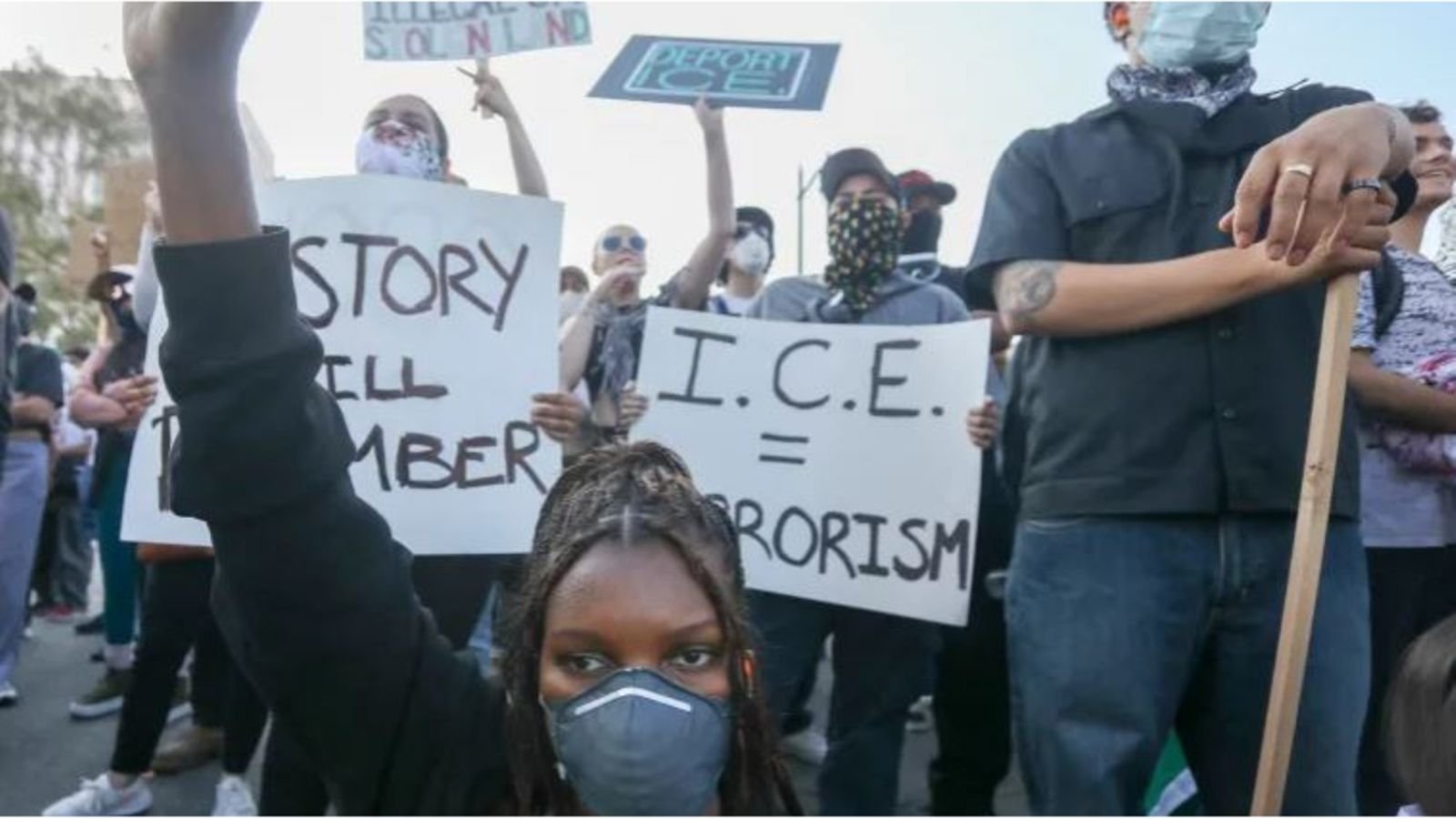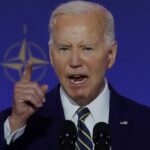This week, the United States government enacted a broad travel ban that prevents citizens from twelve countries from entering the country.
Officials say this move is intended to block potential terrorists from gaining access, but it has sparked widespread controversy and intensified political tensions across the nation.
The new restrictions revive parts of earlier bans introduced in the previous administration, which were widely criticized for disproportionately targeting mostly Muslim-majority countries. The list includes nations facing ongoing conflicts and humanitarian crises: Afghanistan, Chad, Eritrea, Equatorial Guinea, Haiti, Iran, Libya, Myanmar, Republic of the Congo, Somalia, Sudan, and Yemen.
In addition to the outright ban, visa applications from citizens of Burundi, Cuba, Laos, Sierra Leone, Togo, Turkmenistan, and Venezuela are now subject to increased scrutiny, as part of a wider tightening of US immigration policy.
Despite the wide-reaching nature of these measures, major airports such as Los Angeles International Airport reported no significant disruptions immediately after the ban took effect.
The rollout of the travel ban coincided with escalating protests in Los Angeles, where large demonstrations broke out in response to recent immigration raids by federal agents. Over the weekend, the administration authorized deployment of 2,000 National Guard troops in Los Angeles County. This move bypassed California’s governor, who condemned it as an unconstitutional overreach.
Also Read; BRICS Accelerates Digital Drive For Global South
Protesters blocked highways and set vehicles on fire as clashes with law enforcement intensified. Police and National Guard forces used tear gas, rubber bullets, and flashbang grenades in efforts to disperse the crowds. By early Monday, officials declared downtown Los Angeles an unlawful assembly zone and ordered an evacuation.
This tense situation highlights the ongoing national debate about immigration and the challenge of balancing national security with civil liberties. Supporters of the ban argue it is a necessary security measure, while critics warn it unfairly targets vulnerable populations and deepens social divisions.
As protests continue, many observers express concern over the impact on communities already affected by aggressive immigration enforcement. The coming days will be crucial for how federal and state authorities manage both security concerns and public unrest.







